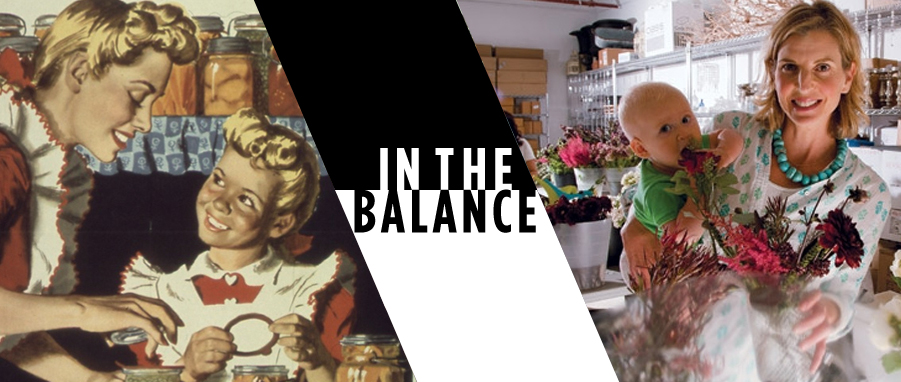It’s been ten days since my very last day at the office. After more than two years spent inside those walls, editing, copy editing and working on tremendously beautiful books, such as Gone Girl and The Art of Fielding, definitely my favorites, I made the decision. It was quite unexpected, yes. But many other projects opened up that seemed interesting, so I secured a few, closed my eyes and jumped out of “office publishing” to try the “home publishing” for a while. Many new plans are on the horizon now for my family, too, I can see them coming true day by day. And so I figured this was a good and brave and stimulating idea—breathing new fresh air and focusing on the unexpected ahead of me. And maybe being more creative on my own! So it’s been ten days. Days in which I feared I could probably feel regret or conflicting emotions—who does such a thing when publishing is going through such times? A steady income wasn’t bad after all. But well, I told myself, focus on the positive thinking! These projects mean new things to work on, things I never had a chance to do before. Plus, I no longer commute between my hometown and Milan, which was stealing off more than three hours a day.
Day 1 at home went well. I decided I deserved a little “vacation” on my own, and sometimes vacation can only mean going out for a walk alone, enjoying every step, noticing all that you never noticed when you walked on the same route a thousand times but your mind was full of the old same worries. So I took pictures of places that felt familiar and foreign at the same time, while walking oddly slowly like a drunk girl after a fun night out. Many memories came alive in my mind, beautiful ones, of two full years in a field I will always love and cherish. What can I do more for it that I wasn’t doing before? I have several ideas in mind, which include translations and maybe doing some writings of my own. We’ll see. For now I just enjoy my new freedom, but also the new responsibilities that are arising. Freelancing isn’t a piece of cake, or so I heard, and this long walk I took in a sunny winter morning was actually the only one in the last ten days.
After that, I have been working a lot (on an Italian language textbook, YAY!) and have been trying to establish new rules for my schedule. I chose the best spot in the apartment, the most luminous one, but still light isn’t enough when you find yourself working after dinner. . . I put the most comfortable chair before my shabby writing-table, and placed a new lamp on it. And I surrounded myself with piles of books—maybe that will inspire me? There are so many of them I still have to read, and this is my top three list, not a random one:
- The Impressionist, by Hari Kunzru (a great friend gave it to me for Christmas)
- Freedom, by Jonathan Franzen (oh yes, I still have to read this one! Shame on me…)
- Girls of Riyadh, by Rajaa Alsanea (very curious about this one, on my shelves for too long now)
If you have any tips on how to face the possible struggles of freelancing, feel free to send your advice! Fingers crossed!



















